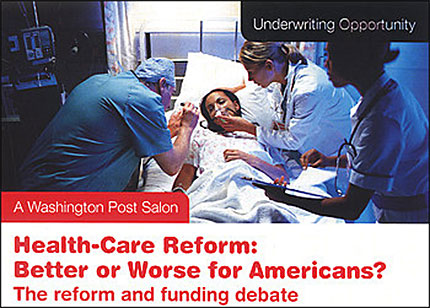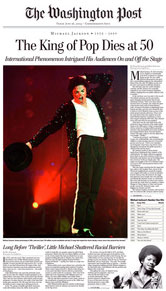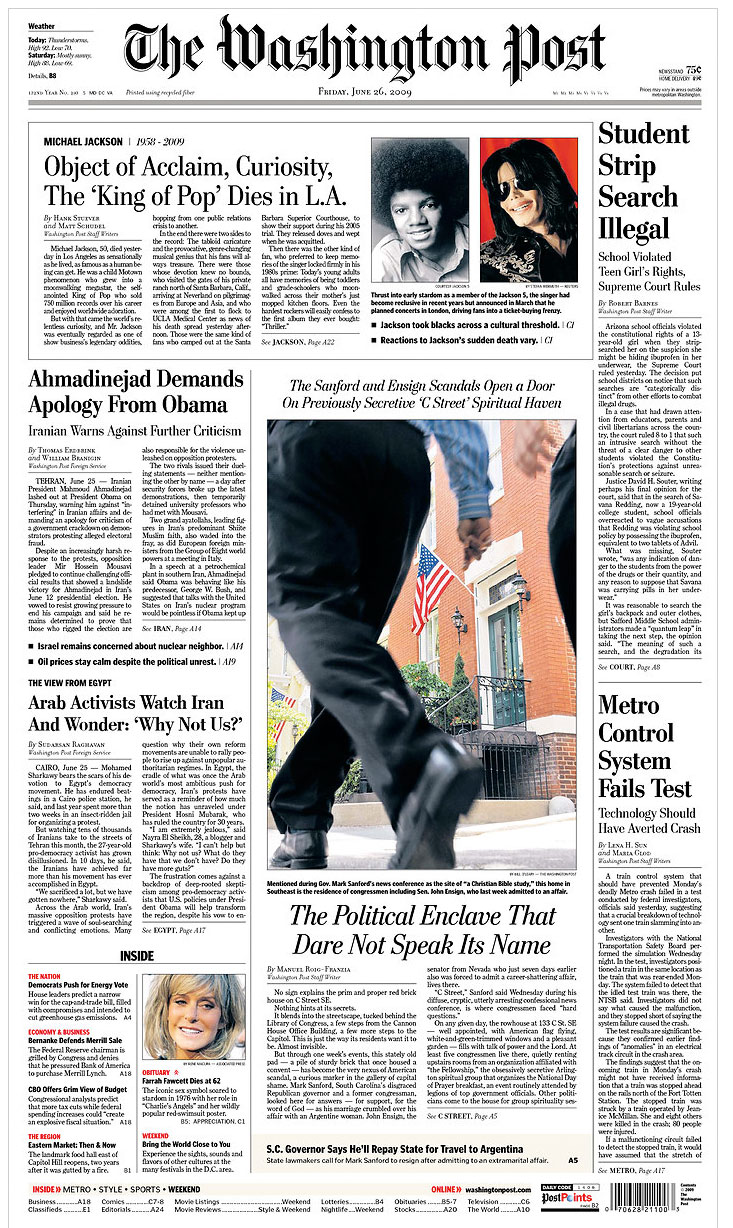Re-Mixing Content
One of the most effective infomercials was the sham-wow sales pitch, with the "are ya following me camera guy" line. Then, the pitchman goes up in flames with press about an incident where the police get involved. So much for his career, right?
Enter the slap-chop product and a new infomercial (here). No doubt, they got this guy for a song, because he was trying to revive his career, and with slap chop the slap chop remix, he has done just that. So the question is - why are we discussing this on Photo Business News?
What originally happened was the copyrighted "slap chop" commercial was re-mixed. From everything I can find, it was remixed without the copyright owners' permission. However, in this case, the re-mix became so popular, the the copyright owner of the commercial decided to make it an official commercial and use it to sell the product (as reported here). You really can't appreciate the talent that went into the remix, until you see the original content he had to work with, (here). Now, here is the mesmerizing result:
More and more, photographers are rightfully standing up for the unauthorized use of their images. However, as copyright evolves, it may be that people re-mix your photography without your permission, and then you like the result even more. Who then owns that copyright? Who then profits from that derivative work?
Please post your comments by clicking the link below. If you've got questions, please pose them in our Photo Business Forum Flickr Group Discussion Threads.





